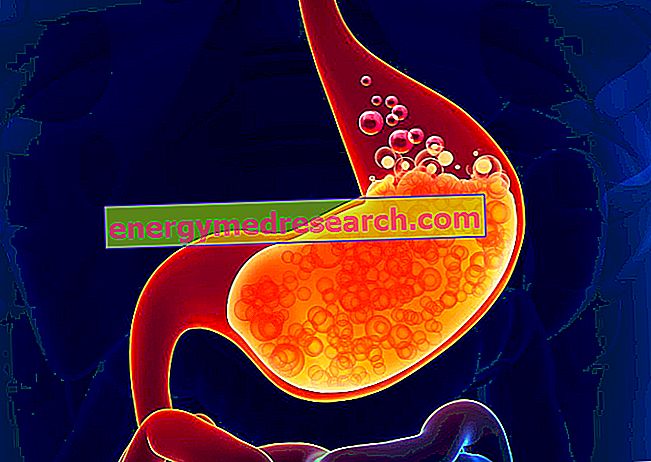
The strong acidity of the gastric contents makes the stomach a particularly hostile environment for viruses and bacteria. Only one species, Helicobacter pylori, manages to stably survive and colonize the human gastric mucosa. For the rest, most of the ingested microorganisms are quickly destroyed within a few minutes.
Several in vitro studies have shown that, for a broad and effective bactericidal action, the pH must be particularly low. Specifically, a pH equal to or less than 2.0 generally kills all bacteria; however, a similar acidity is present in the stomach only in fasting conditions, while after meals the presence of food (the main vehicle with which the bacteria penetrate the stomach) temporarily raises the pH to values of 4-5.
It is also necessary to consider the time factor, since the lower the pH and the less time is needed to obtain a complete bactericidal action, and vice versa. However, pH values above 3.5 have a very low bactericidal effect, while a pH above 4 has a zero bactericidal effect.
Recent scientific evidence demonstrates how bactericidal activity is determined - in addition to gastric acidity - also by pepsin (a proteolytic enzyme involved in protein digestion). Certain antibiotic activity is also exerted by certain enzymes present in gastric juice, such as defensins and lactoferrin.
On the microbial front, the survival of the various micro-organisms against the bactericidal activity of gastric juices can be favored by the link with some food constituents; for example, it has been shown that the virulence of salmonella is clearly superior when it is introduced into the alimentary canal with protein foods (eg eggs or meat) contaminated.
Clearly, even the use of antacid drugs or proton pump inhibitors, lowering the gastric pH, promotes the survival of bacteria inside the stomach. Furthermore, as the bacterial load (number of bacteria ingested) increases, the likelihood that some microorganisms will survive will also increase.
The problem of toxins and spores must also be considered. Toxins are substances produced by bacteria or their constituents, which can create damage (food poisoning) even when the bacterium is killed by gastric acidity. Spores are instead quiescent forms in which some bacteria retreat when the environmental conditions are unfavorable, only to be reactivated as soon as circumstances allow; the spores of Clostridium difficile, for example, exceed the gastric acidity intact and then germinate in the stomach.
Compared to bacteria, viruses generally have a greater chance of surviving the acidic environment of the stomach. Not surprisingly, viruses belonging to the genera Norovirus (Norwalk virus), Rotavirus, Astrovirus and Adenovirus are often involved in the appearance of infectious diarrheal forms (viral gastroenteritis).



